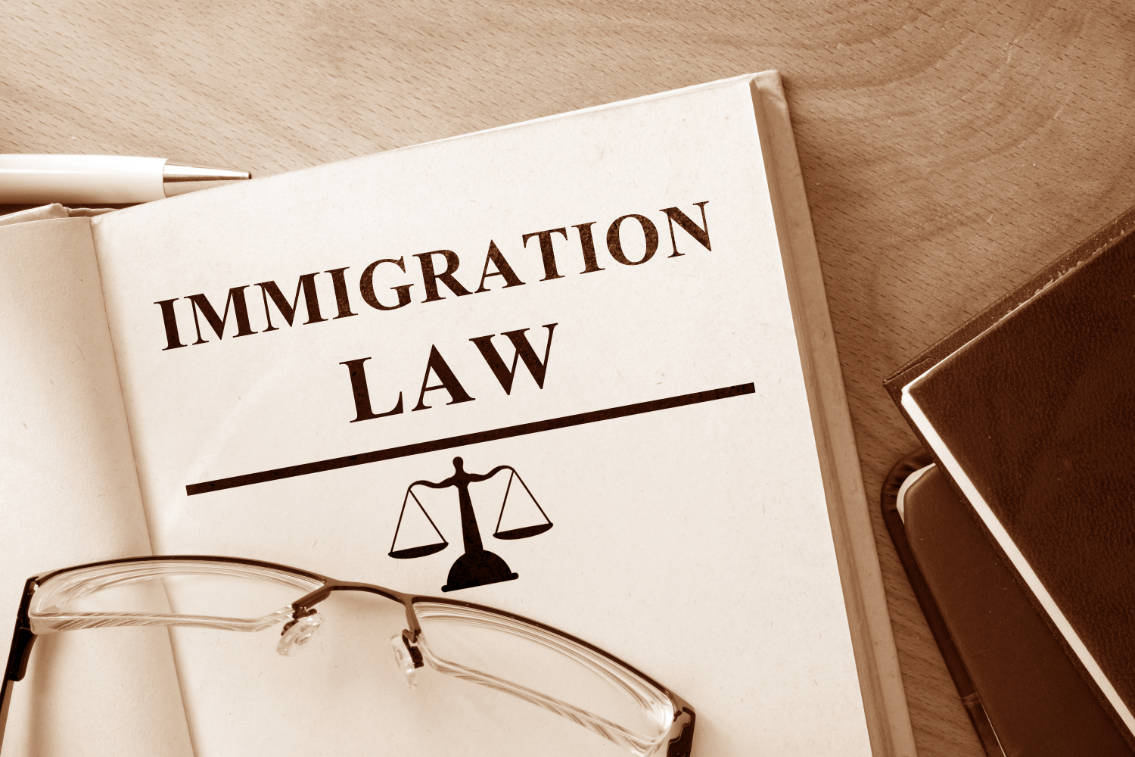There are several types of work visas available based on the applicant’s specific circumstances and possible involvement of a U.S. company as a “sponsor” for the application.
The most common work visa and one often discussed in current events is the H-1B visa, which is specifically designed for skilled foreign workers in specialty occupations. It requires a job offer from a U.S. employer, and the employer must sponsor the applicant’s visa application. The H-1B visa is subject to an annual numerical cap, and demand often exceeds the available visas.
A few other types of work visas include:
- H-2A Visa for temporary or seasonal agricultural workers. It allows employers in the agricultural industry to hire foreign workers to perform tasks such as planting, cultivating, harvesting, or other agricultural labor.
- H-2B Visa for non-agricultural temporary workers. It covers a wide range of industries and job positions, including hospitality, construction, landscaping, and manufacturing, among others.
- L-1 Visa: The L-1 visa is for intracompany transferees who work for multinational companies. It allows employees to be transferred from an affiliated foreign office to a U.S. branch, subsidiary, or affiliate.
- E Visa: The E visa category includes the E-1 (Treaty Trader) and E-2 (Treaty Investor) visas. These are for individuals engaged in substantial trade or investment activities with the United States, based on treaties between the U.S. and their home countries.
- TN Visa: Under the North American Free Trade Agreement (NAFTA), the TN visa allows citizens of Canada and Mexico to work in certain professional occupations in the United States.
- H-1B visas were frequently discussed in new casts during the height of the 2020 pandemic. To squash the spread of Covid-19, entry into the country was reduced or fully suspended for many visa types. This caused waves among employers who had offers in place to talent outside of the U.S. and whose strategic plans depended on hiring skilled professionals from outside the country.
What is the diversity visa program?
The Diversity Visa (DV) program, also known as the Green Card Lottery, provides an opportunity for individuals from countries with low rates of immigration to the United States to apply for permanent residence. Each year, a limited number of visas (around 55,000) are made available through a random lottery selection. The DV Program was created by the Department of State to increase diversity within the United States.

